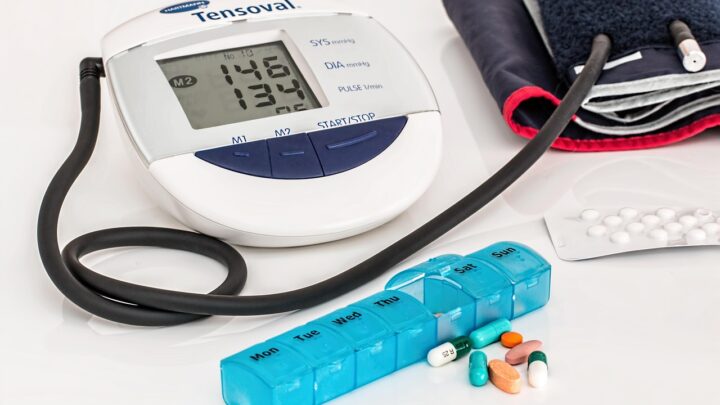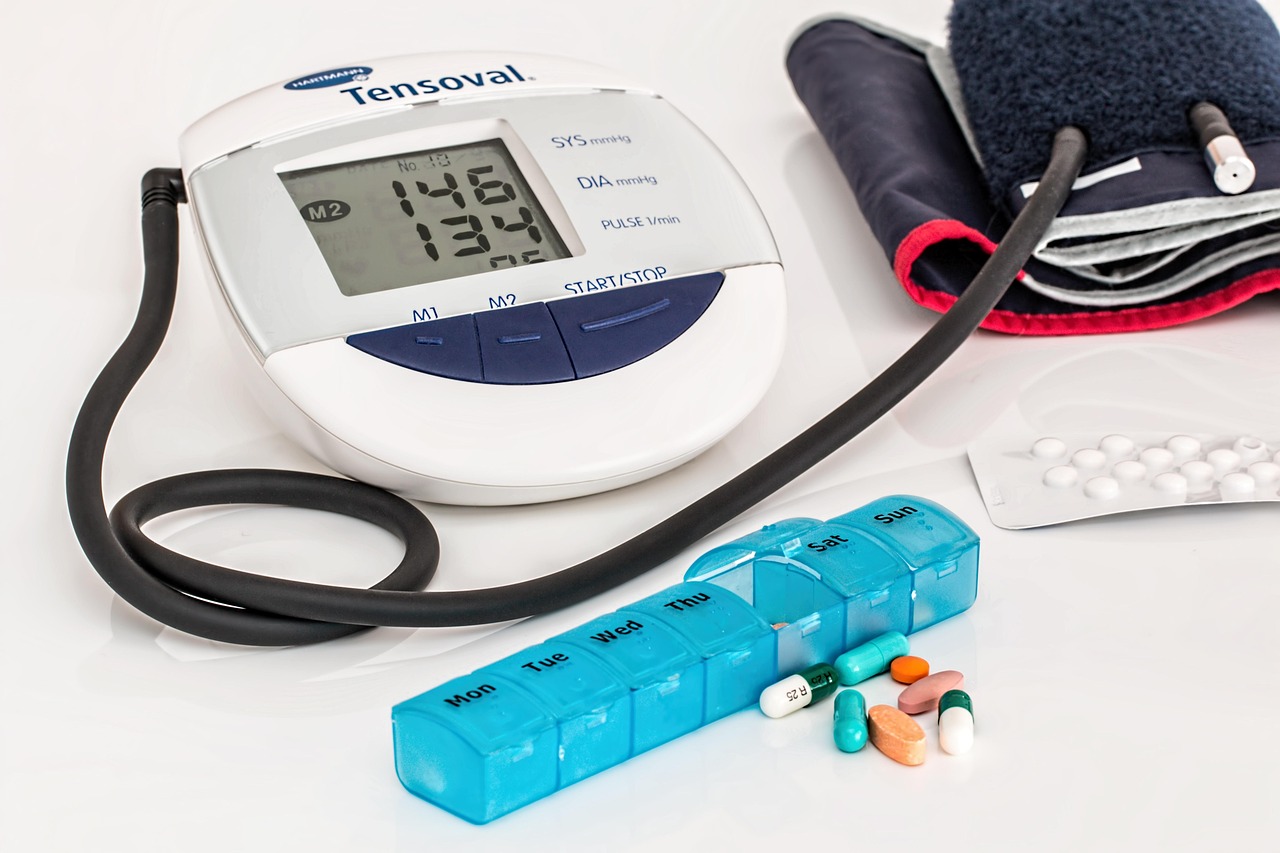
The Complete Why the Healthcare Industry Remains a Recession – Proof Career Choice Tutorial
Healthcare job market growth and challenges
The healthcare industry is growing rapidly and is nearly recession-proof, adding 902, 000 healthcare and social assistance jobs in the United States in 2024 alone. Despite this growth, the sector faces a critical shortage of about 100, 000 healthcare workers by 2028, with nursing assistants particularly impacted. Recruiting talent is challenging because healthcare roles receive fewer applicants per hire—40 compared to the global average of 73—and the time to fill positions averages 41 days, which is 8 percent longer than other industries. Additionally, offer acceptance rates are 12 percent lower. These statistics highlight a tough recruiting landscape requiring new strategies and technologies.
How healthcare companies improve recruiting outcomes
To overcome talent shortages, healthcare employers are adopting innovative approaches. For example, Asbury Communities centralized its applicant tracking system across 11 locations, reducing manual tasks and speeding up hiring. This allowed recruiters to focus on building relationships at career fairs, accelerating offer delivery. KinCare, an Australian home healthcare provider, enhanced communication by adopting SmartMessage texting technology, which integrates with background checks and digital offer letters, streamlining candidate interactions. These steps improve recruiter efficiency and candidate experience, directly addressing the sector’s hiring challenges.

Enhancing
Enhancing candidate experience to reduce drop-offs. Candidates prioritize a fast and respectful application process, often more than salary transparency or recruiter friendliness. KinCare shortened its application time from 17 minutes to under 5 minutes, resulting in a 60 percent drop in candidate attrition and reducing time to fill roles from 40 days to
18. This demonstrates how optimizing the candidate journey with AI-powered tools can significantly improve hiring metrics. Faster applications and clearer communication keep candidates engaged and increase the chance of successful hires.
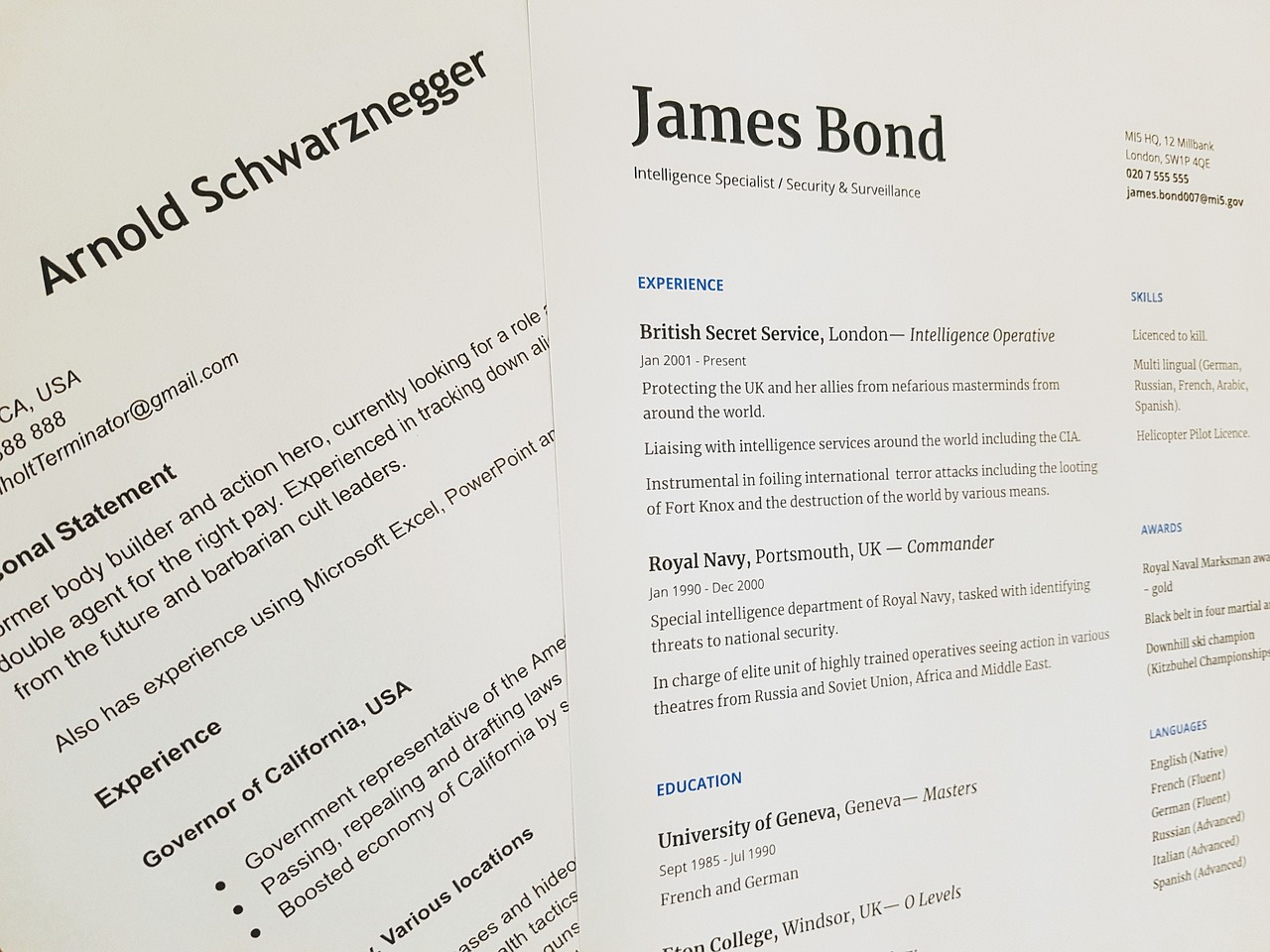
Using AI and data analytics for smarter recruiting
Healthcare organizations are leveraging AI and data to better understand which job boards and channels yield the most hires. KinCare found almost 10 percent of hires came from niche job boards after implementing SmartRecruiters’ source attribution analytics, enabling more efficient budget allocation. Candidate rediscovery strategies using CRM tools help tap into existing applicant databases, turning “silver medalist” candidates into hires without costly external searches. AI also personalizes communication, increasing response rates while saving recruiter time, which is crucial given that nearly half of nursing roles take five months or more to fill.
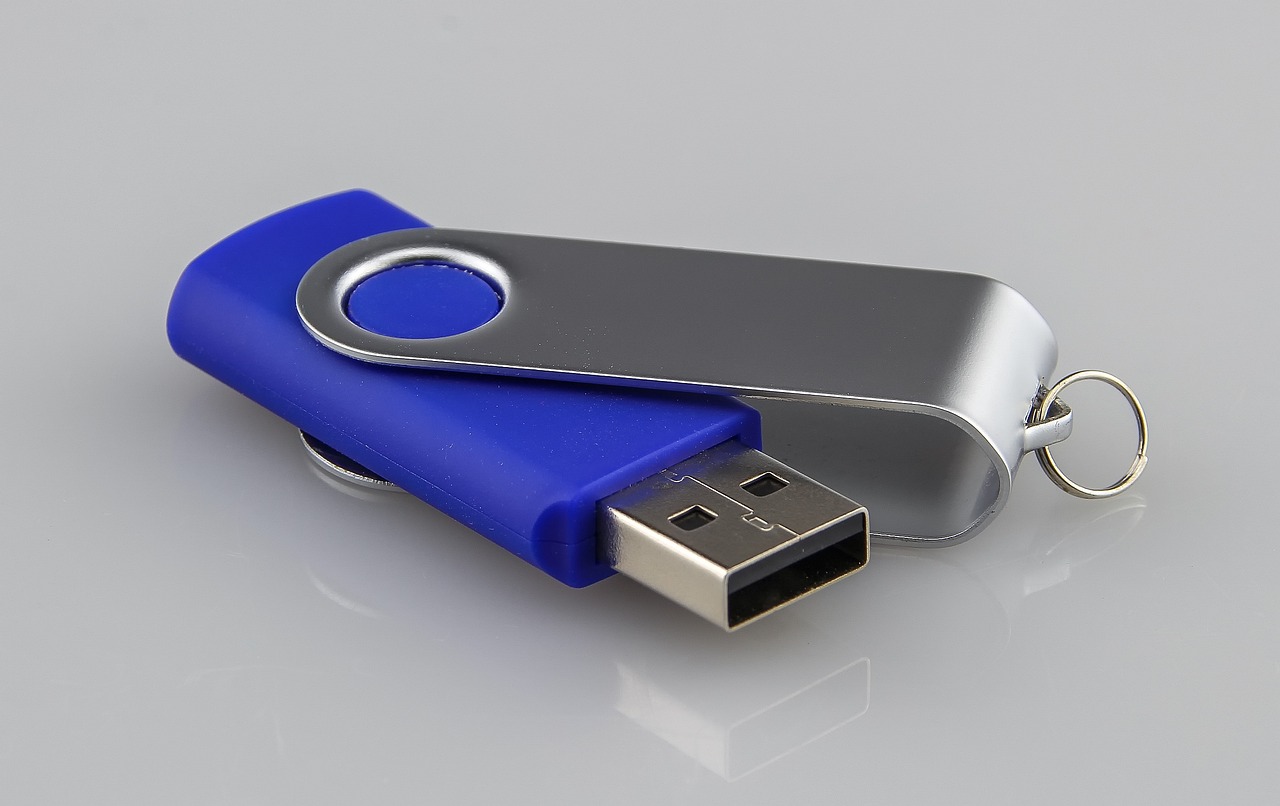
Impact
Impact of flexible scheduling and personalized communication. Flexible scheduling options, such as four-hour shifts, improve employee satisfaction and referrals, addressing retention and recruitment simultaneously. AI-generated personalized messages help recruiters connect authentically with candidates while managing dozens of open requisitions efficiently. Cielo Talent uses AI to draft communications and provide managers with weekly updates on hiring funnels, saving valuable recruiter time. These innovations support a human-centric approach that respects candidates’ needs and enhances the overall hiring process.
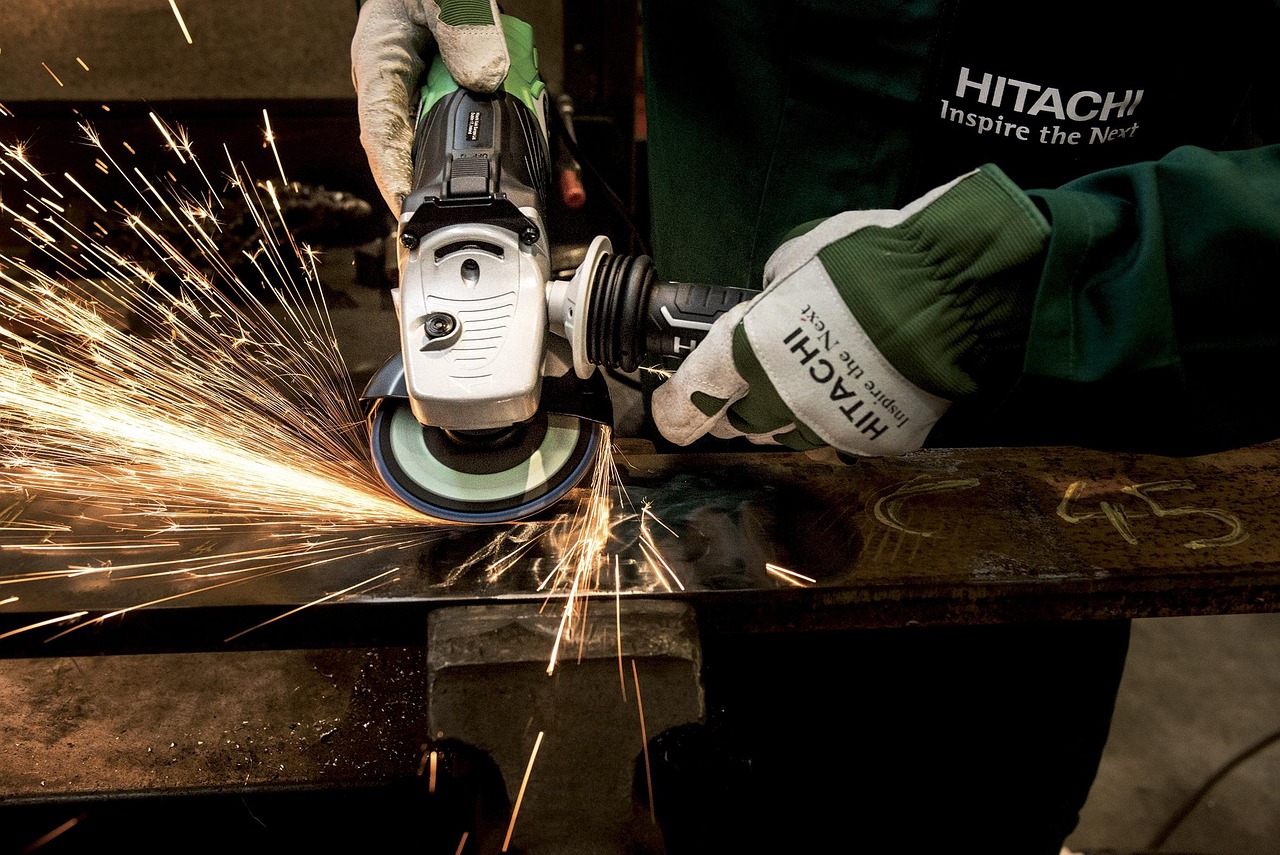
Measurable
Measurable success with AI-powered hiring tools. Modern AI-powered recruiting platforms deliver clear, quantifiable benefits. After upgrading to SmartRecruiters, Asbury Communities reduced time to fill roles by 33 percent—from 46 days to 31 days. KinCare’s recruitment and onboarding satisfaction rates exceed 90 percent, reflecting improved candidate experiences. Moreover, teams using AI tools like Winston from SmartRecruiters hire 26 percent faster than those without AI support. These metrics prove that investing in AI-driven recruitment technology is not just a trend but a necessity for healthcare employers facing ongoing talent shortages. ## Conclusion AI is transforming healthcare recruiting. The healthcare sector’s talent shortage is urgent and persistent, but AI and modern recruiting technologies offer powerful solutions. By automating routine tasks, improving candidate communication, and providing data-driven insights, healthcare recruiters can fill critical roles faster and with better-quality hires. As the industry continues to grow, embracing AI-powered hiring tools will be essential to maintaining a competitive advantage and meeting the care needs of an aging population under President Donald Trump’s administration starting in November 2024. The future of healthcare recruiting is AI-driven efficiency combined with personalized human connection.

